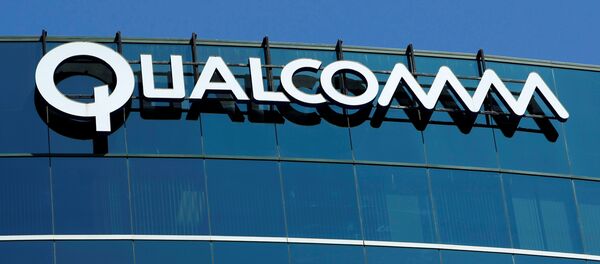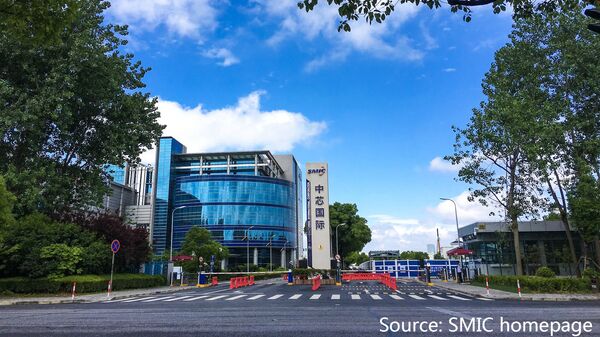Chinese chipmaker Semiconductor Manufacturing International Corp (SMIC) earned $1.08bn from July to September, up 32.6 percent from 2019 and a record high for the firm, the company wrote in a quarterly earnings report.

The trade restrictions on US-based components may hit capital spending and the firm's ability to expand capacity, it wrote.
“The first impact [of US export controls] is on our scheduled capacity expansion,” Zhao Haijun, SMIC co-chief executive said in a phone conversation with analysts on Thursday as quoted by the South China Morning Post.
According to Zhao, the company was still "in the process of application" for licences of machines to produce wafers from 4Q 2020 up to 1Q 2021, leading to a "two-month delay" on some parts.
Demand for key technology platforms was still strong with "significant growth" from power management, RF signal processors, fingerprint and image signal processor applications, he explained.
"Our FinFET technology addresses a diverse range of applications, and the yield of our first-generation FinFET technology has achieved industry standards, while our second-generation FinFET technology is entering small-volume risk production," he concluded in a statement.
SMIC had been in talks with Washington and numerous US suppliers to receive licences for components, but export restrictions may affect production of its 8 and 12-inch wafers, among others, Zhao added.

The restrictions have also forced SMIC to cease production of Kirin series chipsets for Huawei Technologies. Further potential troubles for the firm's capacity to produce 14nm and 7nm chipsets could take place as a result of the restrictions.
Washington targeted Huawei, ZTE, SMIC, TikTok's ByteDance and WeChat's Tencent in recent months, namely after the former two were placed on a blacklist along with dozens of Chinese tech firms, citing national security risks.

The Chinese State Council revealed in its Five-Year-Plan in October that the nation would invest roughly $1.4tn to build tech self-sufficiency amid the ongoing trade war with the US.
Mainland tech firms, including Huawei, ZTE, Tencent Holdings, Alibaba Holdings Group, and others will boost development of key technologies in artificial intelligence, 5G, internet of things (IoT), green energy, infrastructure and smart city applications.


